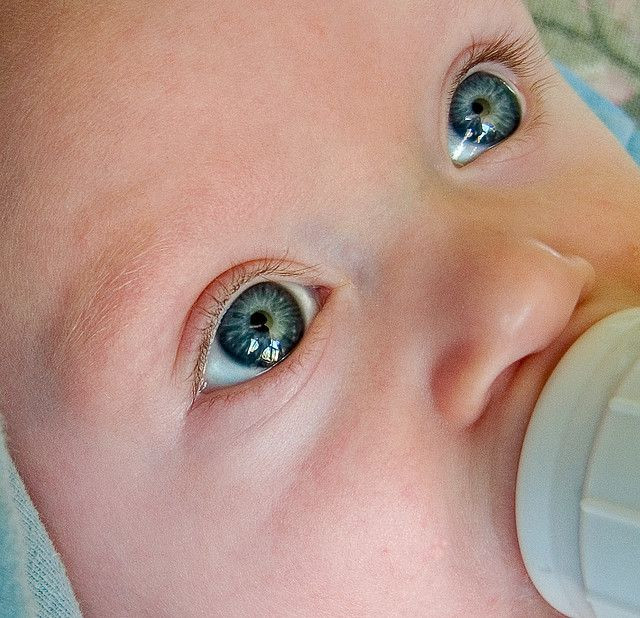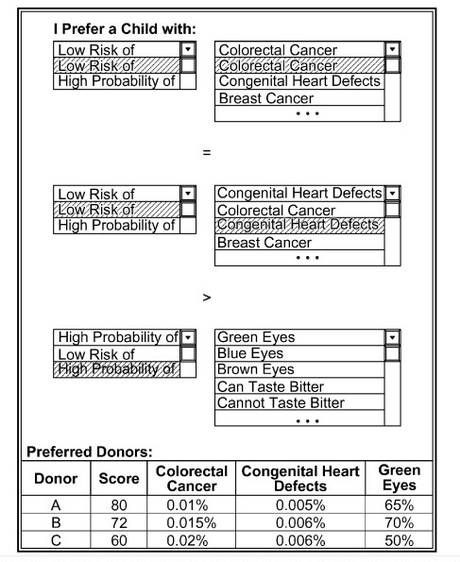23andMe Patent Includes Designer Babies That Could Help Parents-To-Be, But Company Doesn't Intend To Use It

23andMe — the genetic testing company that sells at-home DNA testing kits, which customers can then send in for a complete analysis of their genome — has been ridiculed recently, after it was discovered that a patent covering its Family Traits Inheritance Calculator also included a system that could help parents-to-be choose which traits their children get.
The patent, originally filed in 2008, covered 23andMe’s inheritance calculator, which showed customers a list of possible traits their children would inherit, including eye color, alcohol metabolism, earwax composition, bitter-taste perception, lactose tolerance, and fast-twitch muscle composition (athleticism).
But part of the patent also covers technology that fertility clinics could use to find donors, BBC reports. It would allow future parents to decide which traits they want in their child by having 23andMe test the DNA of various donors and finding the sperm and egg cells that would most likely produce the combination of traits. Such traits would include height, weight, hair color, risks of colorectal cancer and congenital heart defects, expected life span, expected lifetime healthcare costs, and athleticism. 23andMe, however, has denied any intent of using the technology in that way.

“When we originally introduced the tool and filed the patent, there was some thinking the feature could have applications for fertility clinics,” Catherine Afarian, a spokeswoman for 23andMe, told Wired. “But we never pursued the idea, and have no plans to do so.”
In a blog post, 23andMe defended the patent by saying that businesses “often file patents without knowing exactly how they might be used (or if they will be used at all) so that they can protect innovation.” It continues to say that the calculator is a “fun” way for customers to see what traits their children might inherit. Still, the patent, as a whole, has its skeptics.
“It would be highly irresponsible for 23andMe or anyone else to offer a product or service based on this patent,” Marcy Darnovsky, executive director of the Venter for Genetics and Society, told reporters, according to BBC. “It amounts to shopping for designer donors in an effort to produce designer babies … A project like this would also be ethically and socially treacherous.”
The idea of designer babies isn’t necessarily new, and many clinics already offer testing for inheritable disease. But adjusting for cosmetic traits is a whole other issue, and is already illegal in the U.K. and Canada. In 2009, one U.S. fertility clinic offered couples undergoing in vitro fertilization the choice of sex, eye color, and hair color; however, moral criticism from the public and the media forced the clinic to terminate the procedure.
Published by Medicaldaily.com



























